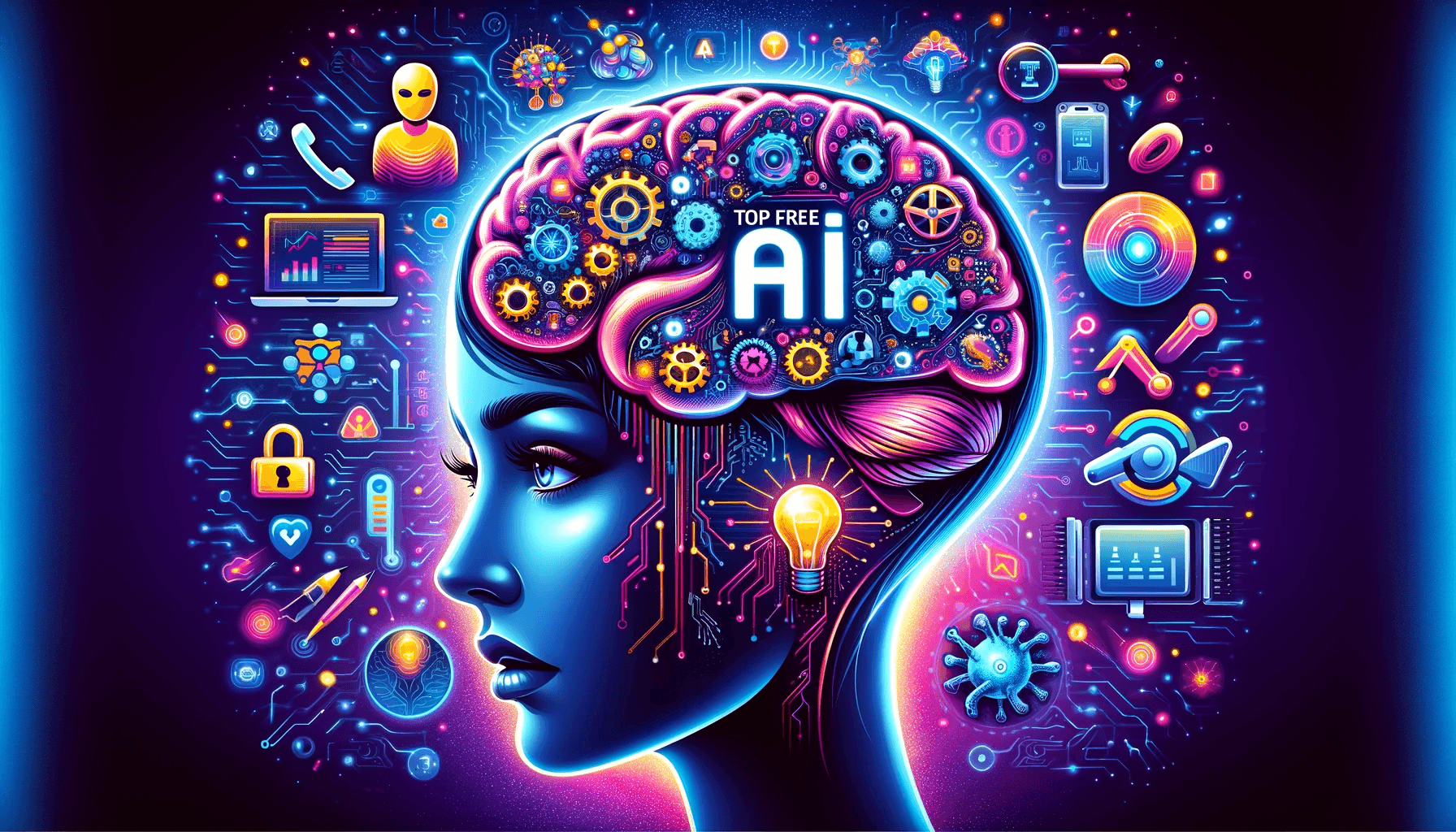Artificial Intelligence (AI) is transforming the writing landscape, influencing how stories are created, edited, and consumed. As AI tools become more advanced, they offer writers powerful assistance—but also pose new challenges that require careful consideration.
How AI Is Affecting the Writing World
AI in writing involves the use of algorithms, natural language processing (NLP), and machine learning to generate, enhance, or support written content. From novelists to copywriters, many are now exploring how AI can streamline their workflow, spark ideas, or even draft entire pieces of content.
Key Impacts of AI on Writers
Enhanced Productivity and Efficiency
AI-powered tools like Grammarly, QuillBot, and ChatGPT help writers improve grammar, suggest alternative phrasing, and even generate outlines. This enables faster editing and a more efficient writing process, especially for large-scale content production.
Creative Inspiration and Idea Generation
Writer’s block is a common challenge—but AI can help spark creativity by offering topic ideas, writing prompts, or sample paragraphs. These tools can act as brainstorming partners, helping writers overcome mental blocks and explore new angles.
Automated Content Creation
AI can generate articles, blogs, poetry, and even fiction. For content marketers and technical writers, this can significantly reduce workload. However, while AI can assist with initial drafts, human oversight is often needed for tone, depth, and originality.
Language Translation and Localization
Writers can reach a global audience more easily through AI-driven translation tools. These platforms not only translate but also localize content to better fit different cultural contexts, broadening the reach of written work.
Editing and Proofreading Support
AI tools can spot grammatical errors, suggest style improvements, and check for plagiarism—enhancing the quality and clarity of writing. This is especially helpful for writers working on tight deadlines.
Challenges and Considerations
Loss of Creative Voice
While AI can mimic various writing styles, it may lack the nuance, emotional depth, and unique voice that human writers bring. Relying too heavily on AI can risk creating content that feels generic or mechanical.
Ethical and Copyright Issues
Who owns AI-generated text? If a machine generates an article or a story based on prompts, the question of authorship becomes blurry. Additionally, if the AI is trained on copyrighted material, its outputs may raise legal concerns.
Bias in AI Models
AI writing tools are trained on massive datasets, which may include biased or harmful content. Without careful oversight, these biases can be reflected in the AI’s output—potentially perpetuating stereotypes or misinformation.
Changing Industry Dynamics
AI may reduce the demand for certain types of writing, especially in fields that prioritize speed over originality, such as product descriptions or SEO copy. This could impact job opportunities and the value placed on human-authored work.
Conclusion
AI is reshaping the writing industry in profound ways—offering tools that can boost creativity, productivity, and accessibility. However, these benefits come with important ethical, creative, and professional challenges. For writers, the key lies in using AI as a supportive ally, not a replacement. Embracing AI responsibly can enhance the craft while preserving the irreplaceable human touch that defines great writing.







Leave feedback about this